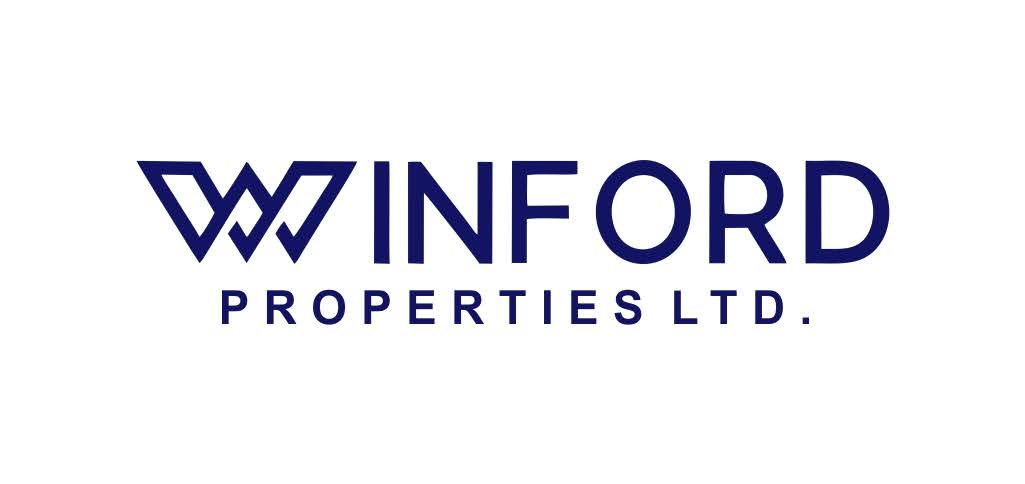Despite the country's overall economic crisis, Nigeria's real estate market is booming at the moment, with many people making millions in the industry. Here are the best strategies for Nigerian property you can use.
The Gift of Rental Properties
Land ownership and rental property investment go back centuries. Buying a home and renting it out to pay the mortgage is a common investment strategy. But maintenance fees are your responsibility as the landlord. If you are handy with tools and have a knack for fixing things up and have the patience to manage renters then you can make a good living investing in rental homes. Although this strategy does not necessitate a large initial investment, it does necessitate substantial sums to pay the costs of upkeep and to cover the void during the vacancy.
Pros
1. Gives you a steady paycheck, and real estate investments might appreciate over time.
2. Uses financial leverage to increase profit.
3. Associated costs are tax-deductible
Cons
1. Tenant management is a time-consuming task.
2. Tenants can potentially be a danger to property.
3. Losses in revenue may occur due to possible vacancy
As a landlord, you're responsible for a wide range of tasks when you buy a rental property. You must take an active role in the management and upkeep of your property. If things are too much to handle, you can hire a professional manager.
Real Estate Investment Trusts (REITs)
Real estate investment trusts are largely unknown in Nigeria (REITs). The Securities and Exchange Commission (SEC) monitors real estate investment trusts (REITs) since they are a type of pooled investment vehicle (SEC). Investors' money is pooled in these schemes and then used to buy mortgage loans, income-producing properties, or a mix of the two. If you want to own rental properties but don't want to deal with the headache of managing them, a real estate investment group (REIG) may be the best option for you. REIG investments call for a sizeable cash reserve and ready access to credit.
In a real estate investment trust (REIT), a single owner can purchase a single residential unit or a portfolio of units, and the investment group will handle all of the management tasks on behalf of the investor, such as repairs, advertising for tenants, and tenant screening. tenants. The company receives a cut of the rent each month in exchange for performing these management services.
Pros
1. One of the main advantages of renting over owning is how little maintenance is required.
2. Possession of the property results in both income and capital appreciation.
3. Unlike stocks and bonds, real estate may generate both capital appreciation and a steady stream of income.
4. Liquidity is another benefit of REITs, as they provide for sale assets that are more easily traded for cash or used to take advantage of new investment opportunities than direct real estate investments.
Cons
1. Comparable to the costs of mutual funds
2. Vacancy risks.
3. Prey to dishonest administration
REITs, like dividend-paying equities, are a safe bet for those looking to get consistent income from the stock market. In addition to their high market liquidity, investors in REITs can gain exposure to non-residential real estate markets, such as shopping centres and office buildings. That is to say, you won't need the assistance of a real estate agent when it comes time to withdraw your funds.
Land/House Flipping
Investing in real estate is buying properties to immediately flip them for a profit. This investment is among the best since it generates steady income with no effort on the part of the owner. You are prepared monetarily and informationally concerning land ownership and the purchasing process. However, if you want to make hundreds of millions of naira, you will need a large amount of money; however, you may start by purchasing a single plot and then expand to purchasing tens of plots and acres and selling them year-round. House flipping is also a lucrative business, but it requires a lot of marketing savvy, construction skills, and real estate expertise. It's important to have access to funds and the skills to oversee necessary renovations if you want to succeed in the business of house flipping.
Pros
1. Commits resources for a limited time frame
2. Offers the potential for immediate profits
Cons
1. Needs more familiarity with the market
2. Unanticipated cooling of hot markets
Since flippers rarely hold enough liquid assets to cover a mortgage for the long term, they can run into problems if they are unable to rapidly unload a house. As a result, financial hardships may compound rapidly.
Property Development
Construction of buildings requires a substantial investment of money. Acquiring land in desirable areas, transforming it into high-end housing or commercial space, and then selling it for a tidy profit is a common strategy among real estate moguls. As an illustration, if you invest N400,000,000 into creating a house in a spectacular location, you can count on selling it for at least N800,000,000. However, when thinking about this strategy, you’d realize that location is the most important factor.
Conclusion
Real estate investing is just the beginning. Every one of these scenarios could be a viable real estate investment. There is a lot of opportunity in real estate, but as with any investment, you need to think things through, do your research, and consider the pros and cons before you make any moves.
